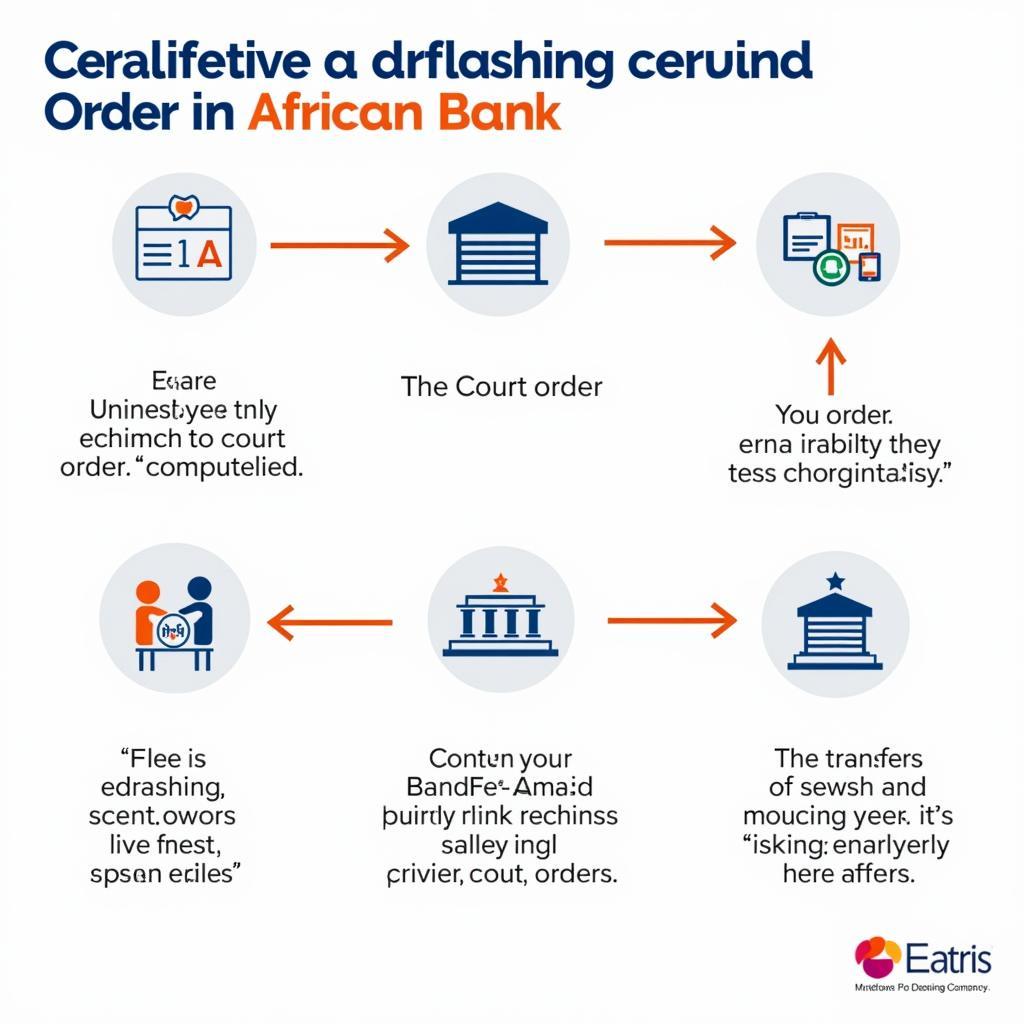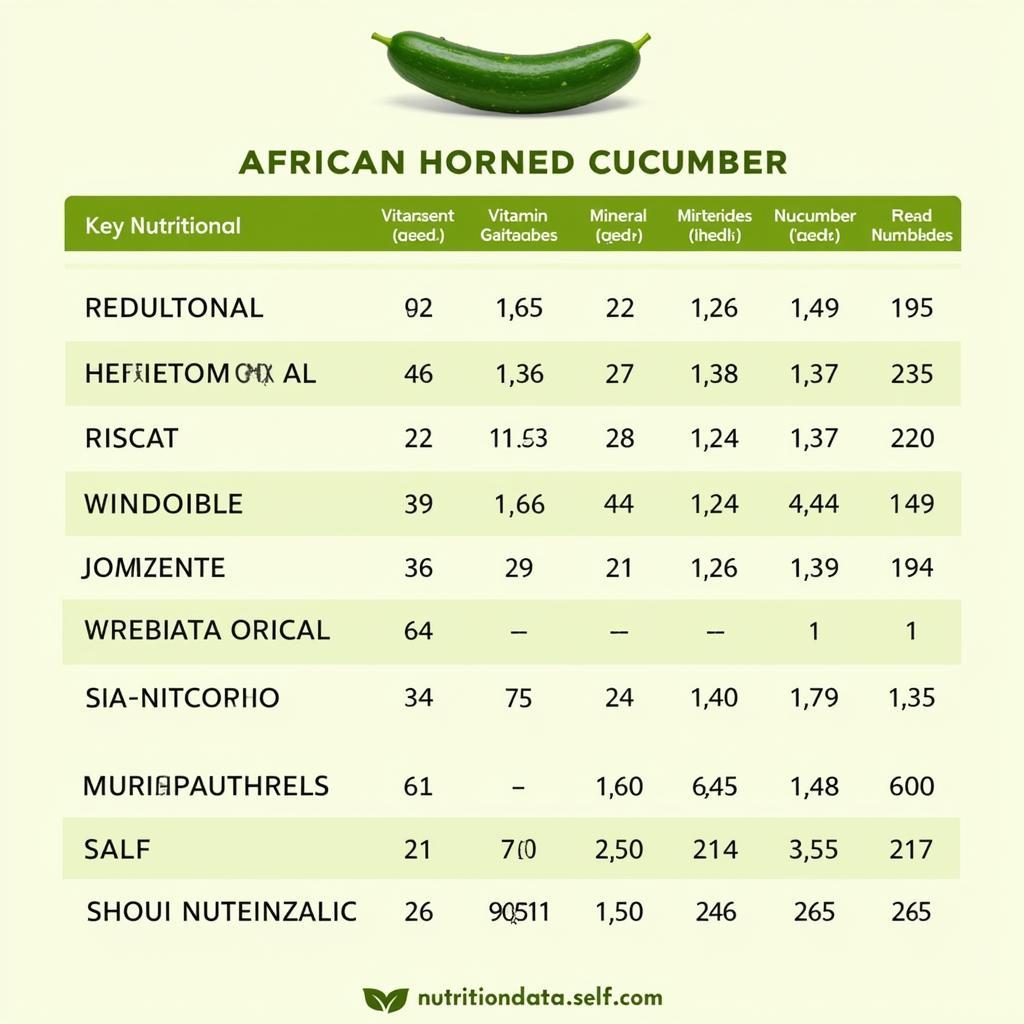Understanding the African Bank Garnishee Order
An African Bank Garnishee Order can be a complex and stressful situation. This article aims to provide a comprehensive understanding of what a garnishee order is in the African banking context, how it works, and what your options are if you’re facing one.
What is an African Bank Garnishee Order?
A garnishee order, in the context of African banking, is a court order that compels a third party, usually a bank, to deduct money from a debtor’s account to settle a debt owed to a creditor. This process is often initiated after a creditor has obtained a judgment against a debtor in court. The bank, acting as the garnishee, is legally obligated to comply with the court order. This means they will freeze the specified amount in the debtor’s account and eventually transfer it to the creditor. Understanding the legal framework surrounding garnishee orders is crucial, and it varies across different African countries.
 African Bank Garnishee Order Process
African Bank Garnishee Order Process
How Does a Garnishee Order Work in African Banks?
The process begins with the creditor obtaining a court judgment against the debtor. Once the judgment is obtained, the creditor can apply to the court for a garnishee order. The court will then issue the order to the bank holding the debtor’s account. Upon receiving the order, the bank will freeze the amount specified in the order. The debtor will be notified of the garnishee order and given an opportunity to object or challenge the order in court. If no objections are raised or if the objections are unsuccessful, the bank will transfer the frozen funds to the creditor. The timeframe for this entire process can vary depending on the specific legal procedures of each African country.
What are Your Rights if You Receive an African Bank Garnishee Order?
Receiving a garnishee order can be daunting, but it’s crucial to know your rights. You have the right to be informed about the details of the order, including the amount being garnished and the creditor involved. You also have the right to challenge the order in court, especially if you believe it’s erroneous or if you have a dispute with the creditor. Seeking legal advice is highly recommended to navigate this complex process and protect your rights. Understanding the specific legal provisions in your country is vital for effectively challenging a garnishee order.
Navigating the Complexities of Garnishee Orders in Different African Countries
The legal framework governing garnishee orders varies considerably across different African nations. For instance, the procedures in South Africa differ significantly from those in Kenya or Nigeria. These differences can involve variations in the application process, the debtor’s rights, and the timeframes involved. Therefore, it’s essential to research the specific regulations in your country or consult with a legal expert familiar with local laws. This understanding will enable you to navigate the process more effectively and ensure you are aware of your rights and obligations.
What are the common reasons for a garnishee order in South Africa?
Unpaid debts, such as credit card debt, personal loans, or outstanding invoices, are the most common reasons.
How long does the garnishee order process take in Kenya?
The timeframe can vary, but it typically takes several weeks to a few months, depending on the court’s schedule and the complexity of the case.
Can a garnishee order be stopped in Nigeria?
Yes, a garnishee order can be stopped if the debtor successfully challenges it in court or reaches a settlement agreement with the creditor.
Conclusion: Understanding and Addressing African Bank Garnishee Orders
African bank garnishee orders are a serious legal matter. Understanding the process, your rights, and the specific legal framework in your country is essential. While a garnishee order can be stressful, being informed and proactive can help you navigate the situation effectively. Seek legal advice as soon as you receive a garnishee order to explore your options and protect your interests. This knowledge can empower you to address the situation head-on and minimize the potential negative impact.
FAQ
- What is the first step if I receive a garnishee order?
- Can I negotiate with the creditor to stop the garnishee order?
- What happens if I ignore a garnishee order?
- Can my entire bank account be garnished?
- How can I find legal assistance with a garnishee order in my country?
- What documents do I need to challenge a garnishee order?
- Can a garnishee order affect my credit score?
Do you have other questions? Explore other articles on our website related to debt management and financial legal matters.
Need immediate assistance? Contact us at +255768904061, email us at kaka.mag@gmail.com, or visit us at Mbarali DC Mawindi, Kangaga, Tanzania. Our 24/7 customer support team is ready to help.


